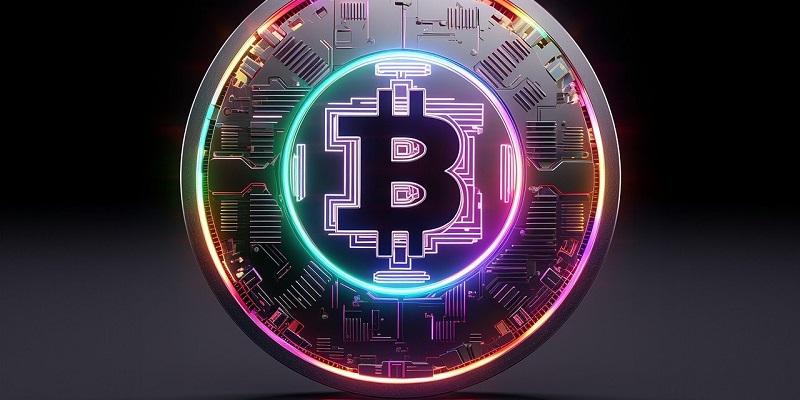The rise of decentralized finance (DeFi) has opened up a plethora of opportunities for traders and investors. Decentralized options are among the exciting developments in this space. These derivatives, built on the blockchain, mirror traditional options but with a key difference—they are decentralized. In this article, we will explore decentralized options, their advantages, and provide a step-by-step guide to trading them.
Understanding Decentralized Options
Decentralized options allow traders to speculate on the future price movements of cryptocurrencies without the need for a centralized intermediary. Traditional options usually involve intermediaries such as brokers or exchanges to facilitate the transactions, but decentralized options eliminate the need for intermediaries by utilizing smart contracts on the blockchain.
Advantages of Decentralized Options
Decentralized options offer several advantages over their centralized counterparts. Firstly, they provide accessibility to a wider range of traders as anyone with an internet connection can participate. Additionally, the transparency provided by the blockchain ensures that all transactions and contract terms are visible to all participants, fostering trust and reducing the risk of manipulation. The use of smart contracts also enhances security by automating the execution of trades without the intervention of a centralized party. Furthermore, decentralized options are available 24/7 as they operate on the blockchain, which never sleeps. This round-the-clock availability allows for greater flexibility in trading strategies. Lastly, decentralized options reduce counterparty risk since trades are executed through smart contracts rather than relying on a trusted third party.
Trading Decentralized Options
To begin trading decentralized options, you will need a digital wallet compatible with the blockchain network you intend to use. Different options platforms may be built on different blockchains, so it is vital to choose a wallet that supports the specific blockchain network. Next, you can join a decentralized exchange (DEX) such as Uniswap or SushiSwap to access the options market. These DEXs provide a user-friendly interface for trading decentralized options. Be sure to connect your digital wallet to the DEX, usually done through a browser extension or a mobile app, to enable seamless transactions. Once you have entered the DEX, you can start browsing through the available options contracts. Consider factors such as the expiry date and the strike price when selecting a contract that aligns with your trading strategy. Pay attention to the liquidity of different options, as higher liquidity ensures better execution and potentially tighter bid-ask spreads.
Executing Trades and Managing Risk
After selecting the desired options contract, it’s time to place your order. Enter the amount you are willing to invest and review the transaction details. Once you confirm the transaction, it will be executed via a smart contract on the blockchain.
Managing risk is crucial when trading decentralized options. Various strategies can be employed, including hedging, speculation, diversification, and staying informed. Hedging involves offsetting potential losses by taking positions that protect against adverse price movements. Speculation, on the other hand, focuses on leveraging price movements to generate profits. Diversification is another risk management technique as it helps spread the risk across different options contracts and cryptocurrencies. Finally, staying informed about market trends, news, and developments is critical for making informed trading decisions.
The Future of Decentralized Options
As blockchain technology matures and DeFi continues to evolve, decentralized options are likely to become more sophisticated and user-friendly. We can expect improvements in user interfaces, the addition of advanced trading features, and increased accessibility as blockchain networks scale.
Decentralized options represent a significant innovation in the DeFi space, offering traders and investors new opportunities to speculate on cryptocurrency price movements without relying on intermediaries. With their advantages of accessibility, transparency, security, availability, and reduced counterparty risk, decentralized options have gained prominence. By following the step-by-step guide provided, traders can dive into the world of decentralized options and navigate this exciting frontier of decentralized finance.

